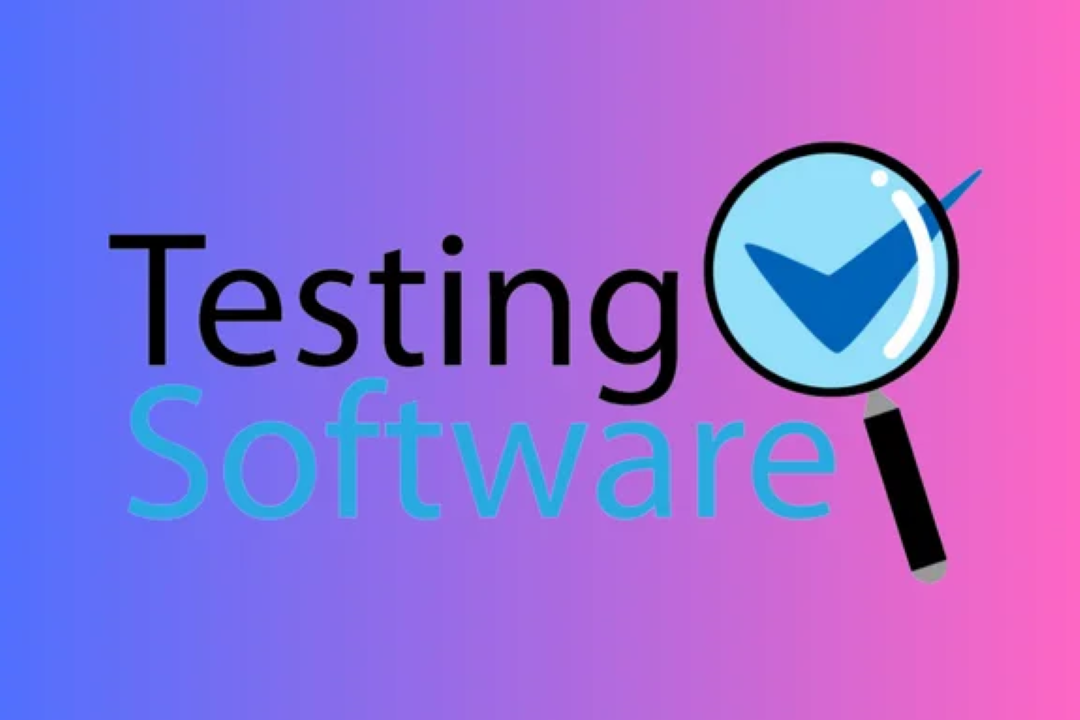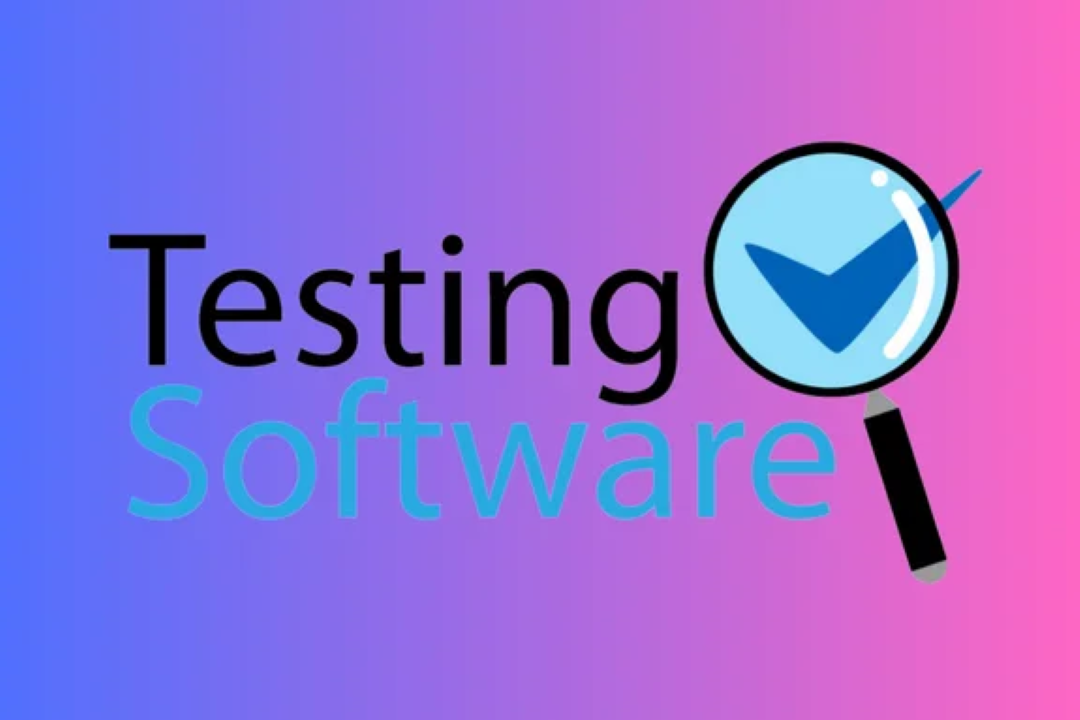Android App Development Course Syllabus Pdf
The Android App Development Course Syllabus PDF is an essential resource for learners aspiring to cr
Android App Development Course Syllabus Pdf
The Android App Development Course Syllabus PDF provides a structured and comprehensive guide for individuals seeking to master the skills required to create high-quality Android applications. This syllabus outlines the fundamental concepts, tools, and techniques utilized in Android development, including the Android Software Development Kit (SDK), Java programming language, user interface design, data management, and testing. By following this syllabus, aspiring app developers can gain a thorough understanding of the Android ecosystem and its development process, enabling them to design, build, and deploy robust and engaging Android applications.
To Download Our Brochure: https://www.justacademy.co/download-brochure-for-free
Message us for more information: +91 9987184296
The Android App Development Course Syllabus PDF provides a structured and comprehensive guide for individuals seeking to master the skills required to create high quality Android applications. This syllabus outlines the fundamental concepts, tools, and techniques utilized in Android development, including the Android Software Development Kit (SDK), Java programming language, user interface design, data management, and testing. By following this syllabus, aspiring app developers can gain a thorough understanding of the Android ecosystem and its development process, enabling them to design, build, and deploy robust and engaging Android applications.
Course Overview
This comprehensive Android App Development course provides a solid foundation in mobile application development with Android, covering key concepts such as UI design, data management, networking, and debugging.
Course Description
The Android App Development Course Syllabus PDF outlines a comprehensive curriculum designed to equip learners with the skills to create Android mobile applications. It covers concepts such as app architecture, Android Studio, Java programming, user interface design, databases, networking, and deployment. The syllabus provides a detailed overview of the topics covered, along with learning objectives, assessment methods, and a schedule for the course. By completing this course, students will gain a solid foundation in Android development and be able to design, implement, and deploy their own Android apps.
Key Features
1 - Comprehensive Tool Coverage: Provides hands-on training with a range of industry-standard testing tools, including Selenium, JIRA, LoadRunner, and TestRail.
2) Practical Exercises: Features real-world exercises and case studies to apply tools in various testing scenarios.
3) Interactive Learning: Includes interactive sessions with industry experts for personalized feedback and guidance.
4) Detailed Tutorials: Offers extensive tutorials and documentation on tool functionalities and best practices.
5) Advanced Techniques: Covers both fundamental and advanced techniques for using testing tools effectively.
6) Data Visualization: Integrates tools for visualizing test metrics and results, enhancing data interpretation and decision-making.
7) Tool Integration: Teaches how to integrate testing tools into the software development lifecycle for streamlined workflows.
8) Project-Based Learning: Focuses on project-based learning to build practical skills and create a portfolio of completed tasks.
9) Career Support: Provides resources and support for applying learned skills to real-world job scenarios, including resume building and interview preparation.
10) Up-to-Date Content: Ensures that course materials reflect the latest industry standards and tool updates.
Benefits of taking our course
Functional Tools
- Android Studio: An integrated development environment (IDE) specifically designed for Android development.
- Facilitates code editing, debugging, and project management with its built in tools and plugins.
- Provides code completion and refactoring capabilities to enhance productivity.
- Emulates various Android devices to test and preview app functionality during development.
- 2. Java Programming Language: The primary programming language used in Android app development.
- Object oriented and platform independent, allowing apps to run on different Android devices.
- Provides a rich set of libraries for UI development, data handling, and network communication.
- Requires a fundamental understanding of data types, variables, and control flow concepts.
- 3. XML (Extensible Markup Language): A markup language used to define the user interface (UI) of Android apps.
- Describes the layout of widgets, such as buttons, text fields, and lists.
- Provides flexibility in customizing the appearance and functionality of app screens.
- Requires knowledge of XML syntax, elements, and attributes.
- 4. Android SDK (Software Development Kit): A collection of tools and libraries provided by Google for Android development.
- Includes the Android emulator, which simulates various Android devices for testing.
- Provides access to Android APIs (Application Programming Interfaces) for accessing device features and services.
- Requires an understanding of Android architecture and API usage.
- 5. Git (Version Control System): A tool used to track changes and manage versions of code.
- Allows multiple developers to collaborate on the same project and easily revert to previous versions.
- Introduces concepts of branches, commits, and merging to improve development workflow.
- Requires knowledge of Git commands and terminology.
- 6. Gradle (Build Tool): An automated build tool used in Android projects.
- Configures project dependencies, compiles code, and packages apps for deployment.
- Provides flexibility in managing build settings and customizing the build process.
- Requires an understanding of Gradle scripts and build conventions.
- Strategies to Increase Points in Scoring Systems:
- 1. Complete Tasks Regularly:
- Engage in activities that earn points, such as completing surveys, watching videos, or playing games.
- * Establish a routine to consistently participate in these tasks and maximize point accumulation.
- 2. Refer Friends and Family:
- * Invite others to join the program and earn referral bonuses.
- * Share your referral link or code with your network to incentivize participation and increase your points.
- 3. Participate in Special Offers and Promotions:
- * Take advantage of期間限定 offers, double point events, or referral incentives that multiply your earnings.
- * Monitor your program for upcoming promotions and act quickly to claim rewards.
- 4. Leverage Loyalty Programs:
- * Join loyalty programs associated with the scoring system.
- * Engage in activities that earn loyalty points, such as making purchases, leaving reviews, or referring others.
- * Redeem loyalty points for additional rewards or points in the scoring system.
- 5. Purchase Products or Services:
- * If applicable, consider making purchases through the platform or with partnered vendors.
- * Many programs offer points or rewards for purchases made with their partners.
- * Research and compare deals to maximize your point earnings.
- 6. Engage with Social Media:
- * Follow the program on social media platforms and participate in contests, giveaways, or challenges.
- * Share your experiences and interact with the community to earn points for engagement.
- 7. Leverage External Platforms:
- * Explore websites or apps that offer tasks or opportunities to earn points that can be transferred to your scoring system.
- * Register for surveys, participate in online forums, or download apps that allow you to accumulate points.
- 8. Optimize Your Browser and Extensions:
- * Use browser extensions that automatically detect and apply points from participating websites.
- * Disable ad blockers that may interfere with point earning scripts.
- * Consider using a privacy focused browser, as some trackers may block point earning mechanisms.
- 9. Track Your Progress:
- * Regularly monitor your point balance and track your earnings.
- * Identify any areas where you can increase your point accumulation and adjust your strategies accordingly.
- Remember: Consistency, participation, and leverage are key to maximizing points in scoring systems. By applying these strategies, you can increase your rewards and make the most of your efforts.
Browse our course links : https://www.justacademy.co/all-courses
To Join our FREE DEMO Session: Click Here
This information is sourced from JustAcademy
Contact Info:
Roshan Chaturvedi
Message us on Whatsapp: +91 9987184296
Email id: info@justacademy.co
Android App Development Training Institutes In Kochi












